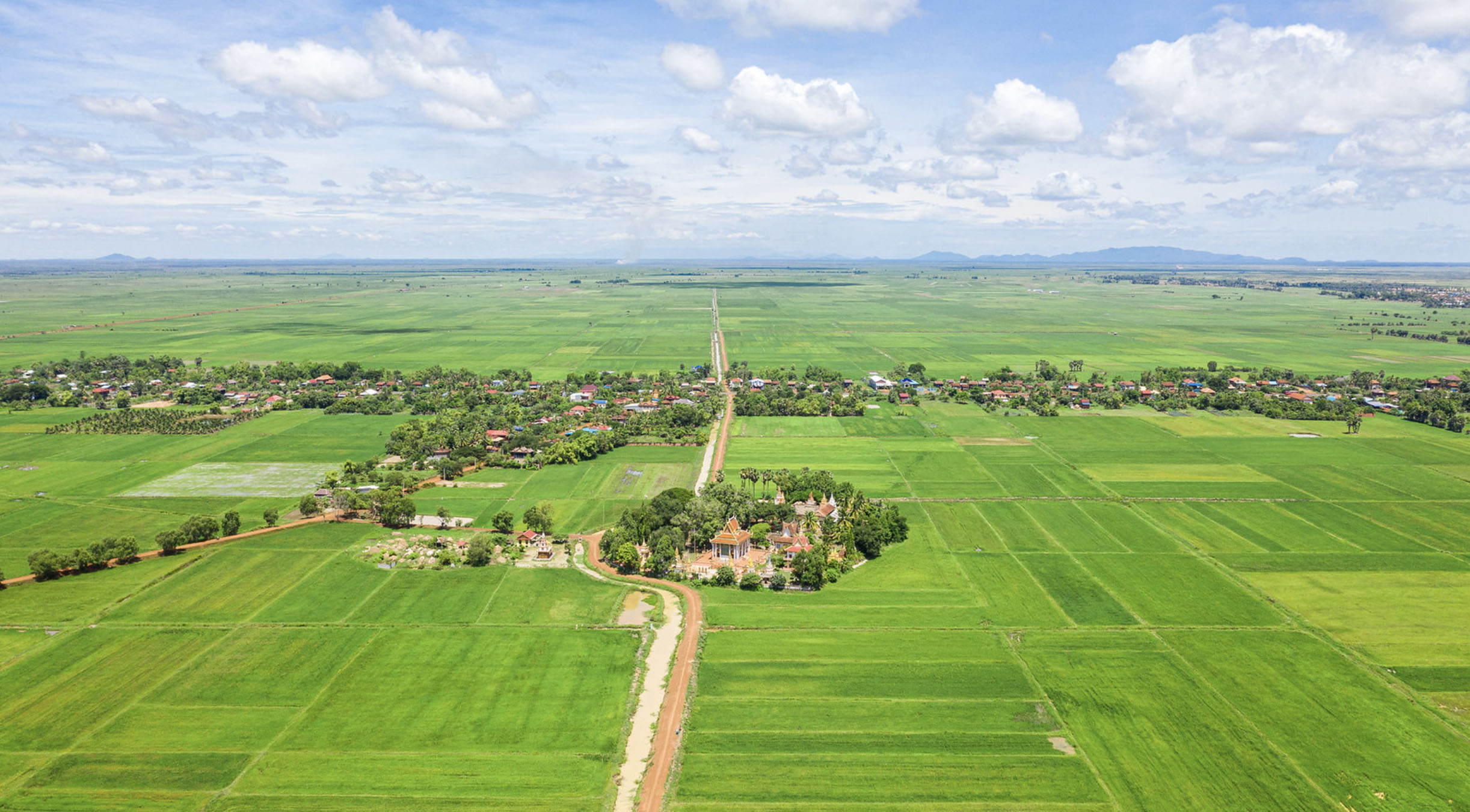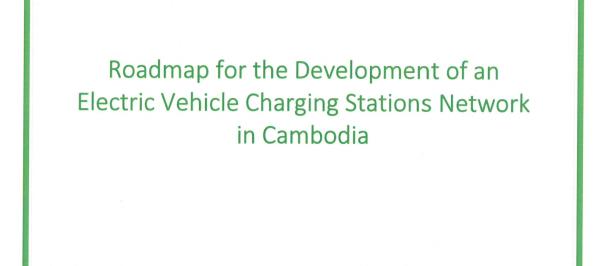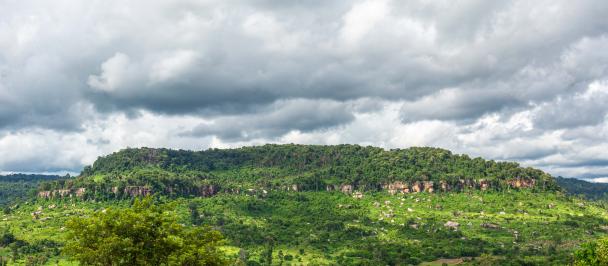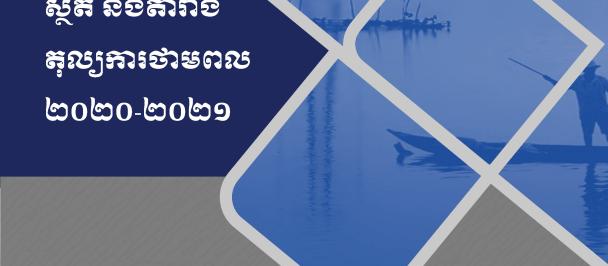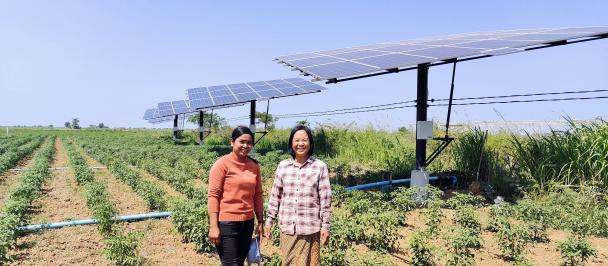Remarks by Ms. Sonali Dayaratne, Resident Representative, a.i., UNDP Cambodia
Launching of the Report “A Third Study on Understanding Public Perceptions of Climate Change in Cambodia: Knowledge, Attitudes, and Practices”
July 26, 2021
Chim reap sur, good morning!
Excellency Dr. Tin Ponlok, Secretary of State, Ministry of Environment;
Excellency high dignitaries and Secretaries of State of other government institutions;
Excellency Dr. Vann Monyneath, Secretary General of the General Secretariat of the National Council for Sustainable Development;
Excellencies, Colleagues, and Distinguished Guests,
I am happy to see such a large representation from across line ministries and other government institutions, as well as I/NGO, civil society organizations, development partners, UN agencies, private sector and other climate change actors in Cambodia engaged on-line.
I would like to begin by congratulating the National Council for Sustainable Development (NCSD), through its Department of Climate Change (DCC), for the leadership on conducting this Third Study on Understanding Public Perceptions of Climate Change in Cambodia. I would also like to express my sincere gratitude to the European Union and the Government of Sweden for the technical and financial support of this study through the Cambodia Climate Change Alliance Phase III.
---
We are increasingly seeing the impacts of climate change on countries across the world, with floods, fires and droughts devastating many communities. We know Cambodia has been classified as one of the most vulnerable countries to climate change impacts. As the country continues to develop, its total greenhouse gas (GHG) emissions are also increasing.
Recognizing these challenges, Cambodia recently published an updated Nationally Determined Contribution, with targets for climate change action until 2030. It was also announced at the 2020 Climate Change Ambition Summit, that Cambodia intends to develop a Long-Term Low Emissions Development Strategy. This strategy will ensure the alignment of short-term climate action with long-term climate goals, and is vital since current Nationally Determined Contributions are only enough to limit global warming to 2.7 - 3.7 degrees Celsius (WRI, 2020).
These commitments reflect Cambodia’s vision of a long-term strategy for climate action that can further progress towards a cleaner and greener economy and improve the lives of its people – especially the most vulnerable. Now is a particularly critical and opportune time for climate action, as Cambodia can look towards integrating and adopting an inclusive and green recovery from the COVID-19 pandemic.
---
The process to develop a long-term strategy and roadmap for Cambodia requires the active engagement of key ministries, sub-national government, private sector, NGOs and civil society organizations, to build a shared vision for long-term development. A critical component of this strategy therefore requires the mainstreaming of climate change at all levels.
The Knowledge, Attitudes and Practices studies were developed with this in mind – to provide key insights into how Cambodians understand and engage with issues around climate change. I understood they have been conducted every 5 years since 2010, and that their findings support the development of awareness raising strategies and other interventions that can equip Cambodians with the knowledge to be effective agents of change in responding to climate change challenges.
This third Knowledge, Attitudes and Practices study shows that increasing awareness of climate change is a key driver in engaging people to take action. It also reveals the importance of tapping into key motivations for Cambodians to take action – including to benefit their family’s health and livelihoods, and their children’s education.
---
This report launch provides an important opportunity for all stakeholders to collectively contribute to and further coordinate Cambodia’s progress towards a more climate resilient society. Using the results of this important study, we can better design joint interventions to improve Cambodia’s adaptive capacity, reduce emissions, and ultimately fulfil commitments outlined in the Paris Agreement to better the lives of people on the ground – especially the most vulnerable.
We look forward to continuing to support tangible actions towards this end.
Thank you again to the Ministry of Environment and National Council for Sustainable Development for the invitation to speak.
Aukon Charan.
###
Full Report: https://ncsd.moe.gov.kh/resources/document/KAP3_EN

 Locations
Locations